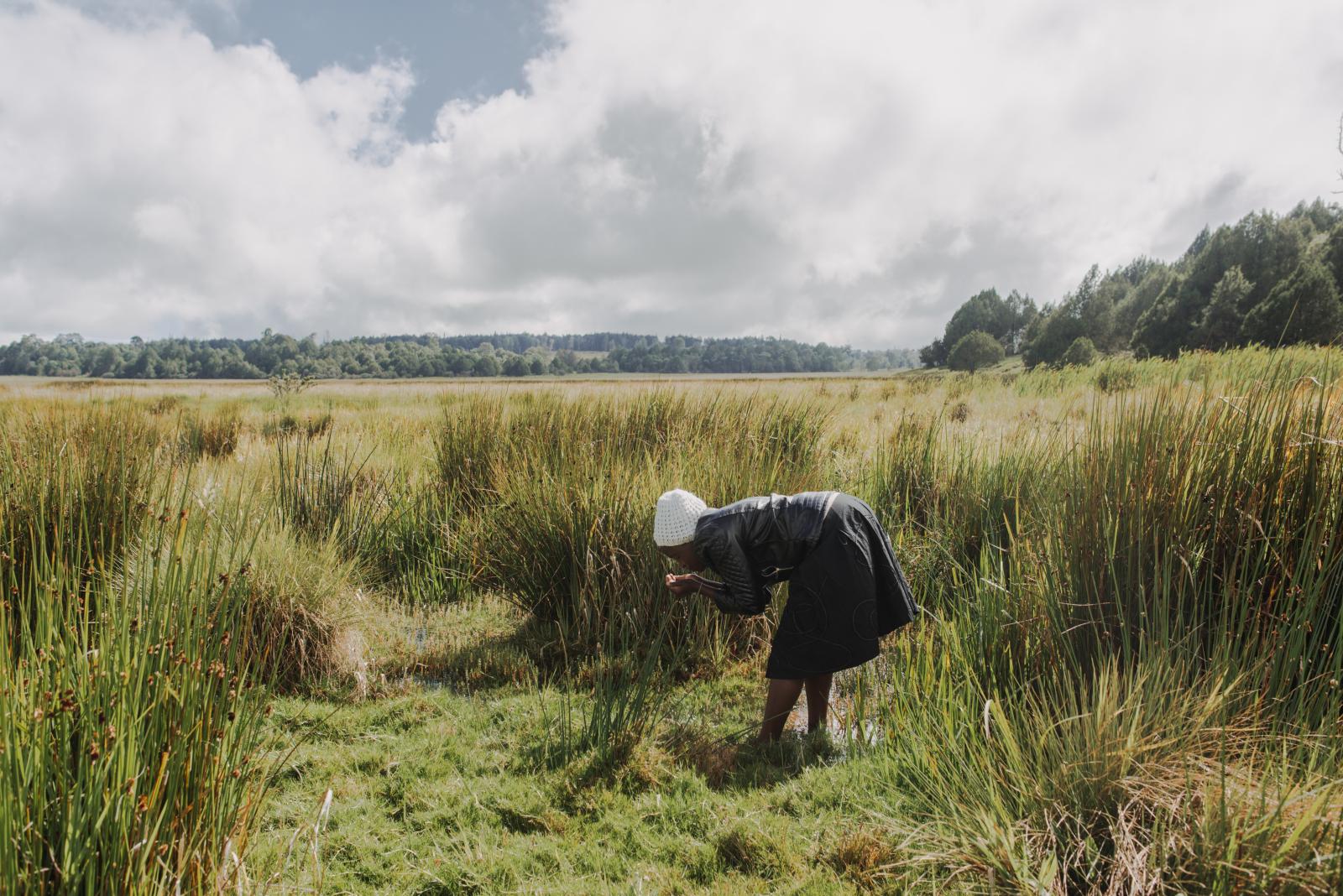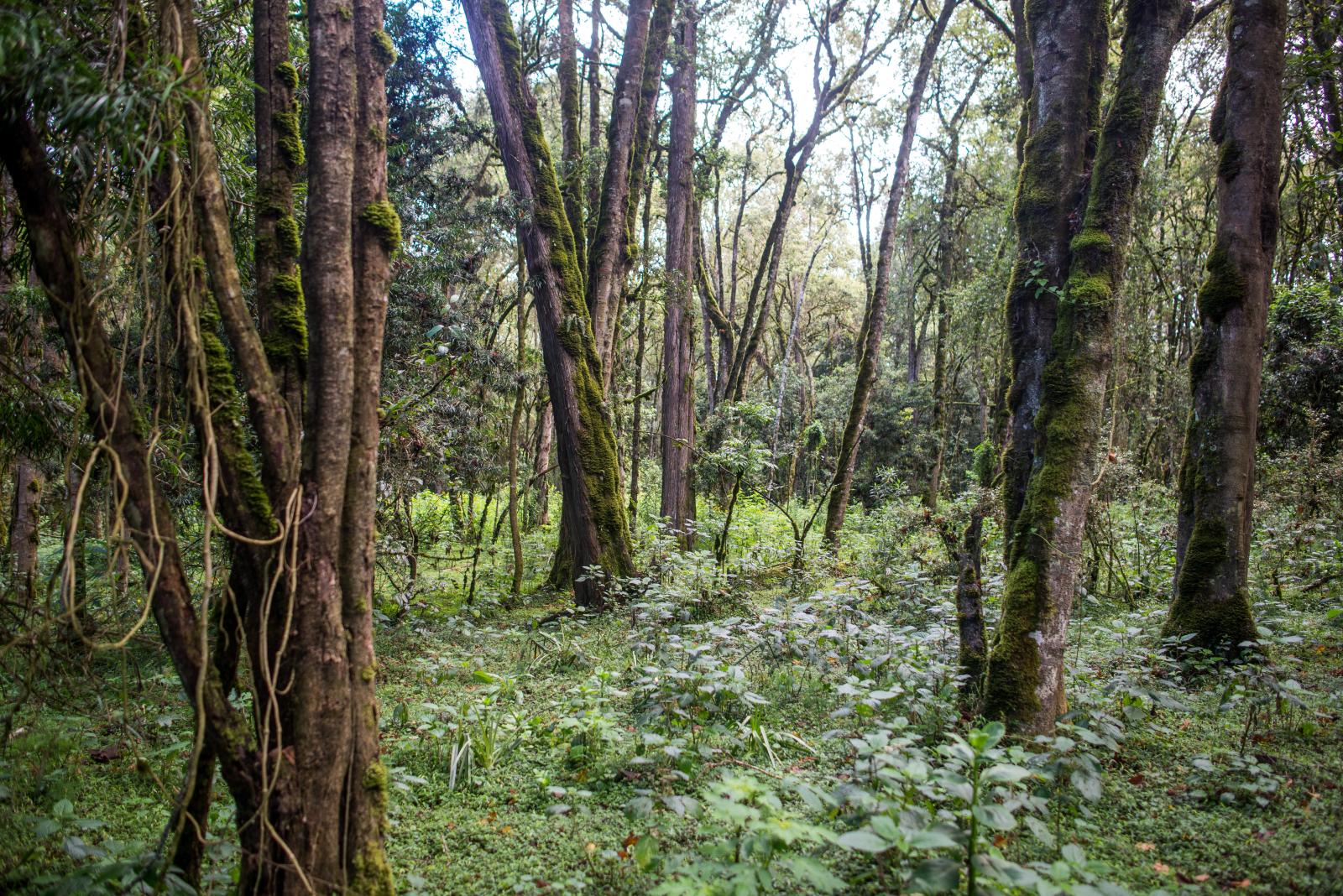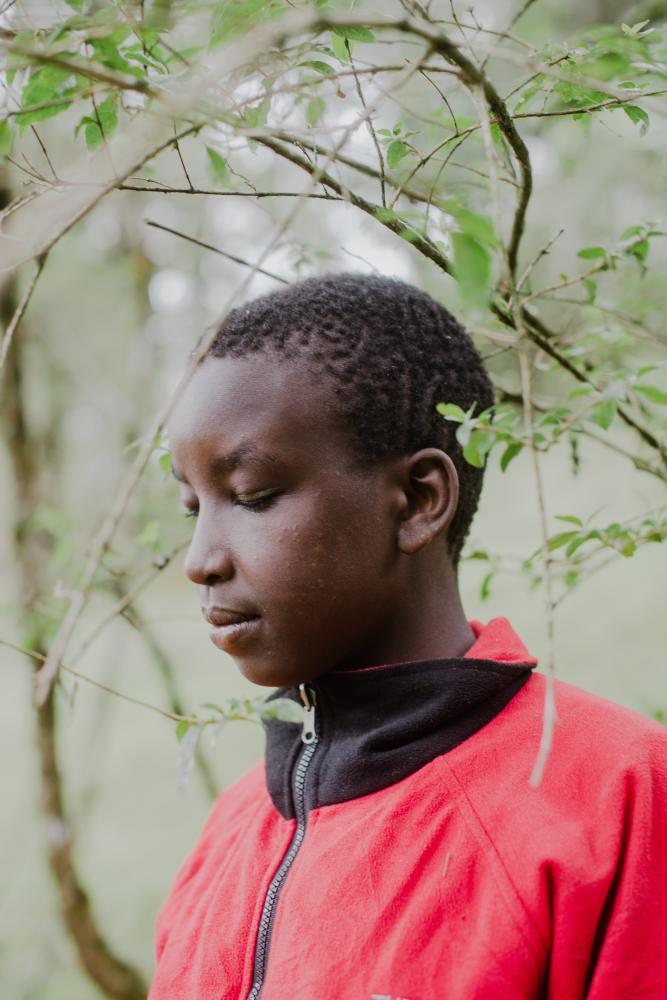Private Story
Sweet Are the Waters
Summary
On 26 May 2017, the African Court on Human and Peoples’ Rights delivered a judgment against the Government of Kenya in a case brought before it by the Ogiek, an indigenous community that is ancestral to the Mau Forest. The decision was a twist to a long-ongoing fight of a Kenyan minority community of just 35,000 people. However, little has changed since. Stemming from the Ogiek's rich heritage, this collaborative photography project examines how can forest preservation and the community's right to development be achieved amid the land pressure surrounding the Mau Forest Complex.
I began developing Sweet Are the Waters in 2018, and, following a research period throughout the COVID-19 pandemic, I just resumed photography. I am currently meeting community representatives and artists, and, in collaboration, identifying the right participative tools. I will spend two months in the Mau Forest Complex, combining photography and research for my master’s thesis. The project is shaped in cooperation with local actors such as the Ogiek Peoples' Development Program and Mariashoni Community Development. However, given the depth of the theme and the importance of building connections, the continuation of this project will be materialised via a focus on deepening the project’s chapter dedicated to the Forest Complex as a social system as opposed to neoliberal views on it as a territory or resource.
Living mainly in Kenya’s Mau and Mount Elgon Forests, the Ogiek are one of East Africa’s last hunter-gatherer populations. With a distinct culture and traditions tied to their natural environment, the community has a long history of resistance, fighting both eviction from its ancestral land and lack of political power. The Ogiek in the Mau Forest Complex have been collecting fruits, hunting wild animals, collecting herbs and practising beekeeping in the trees for centuries, but the Kenyan government insists that the community is a threat to the Mau.
The Complex is the main water catchment area for a number of rivers that drain into five major lakes, including Lake Victoria. In past decades, human encroachment for agriculture, charcoal and logging has dramatically reshaped the Forest and made the area vulnerable to soil erosion and flooding. It is not only the landscape that has changed - so has the lifestyle of the Ogiek. Now also growing crops and farming, the community is constantly readapting as its surroundings change.
2017 brought a major change: the Ogiek won a case against the Kenyan government in the African Court of Human and People’s Rights in Arusha, Tanzania. The court ruled that the government had violated the Ogiek’s right to their ancestral land, and demanded that the community was appropriately compensated. The euphoria of this victory faded as the Kenyan government has done little to fulfil the court's decision. The COVID-19 pandemic brought unjustified forceful evictions to numerous community members. As the Ogiek are still fighting for their justice, this project will contribute to the documentation of the community’s heritage and worldview in a form that overcomes language limitations and contributes to the democratisation of knowledge - and to awareness-raising.











